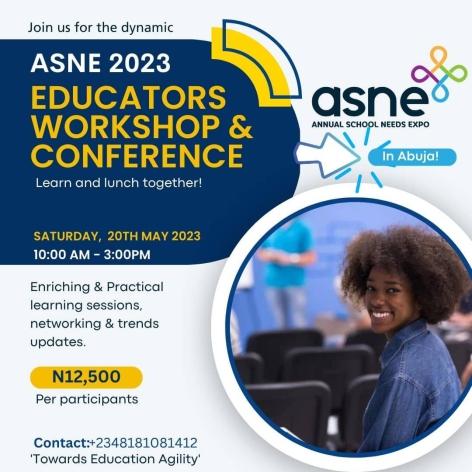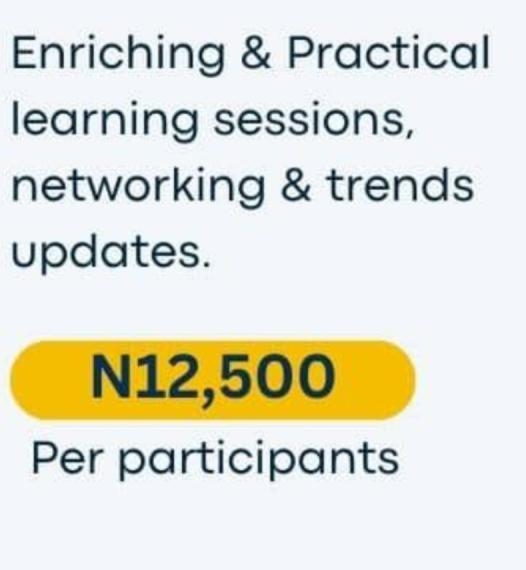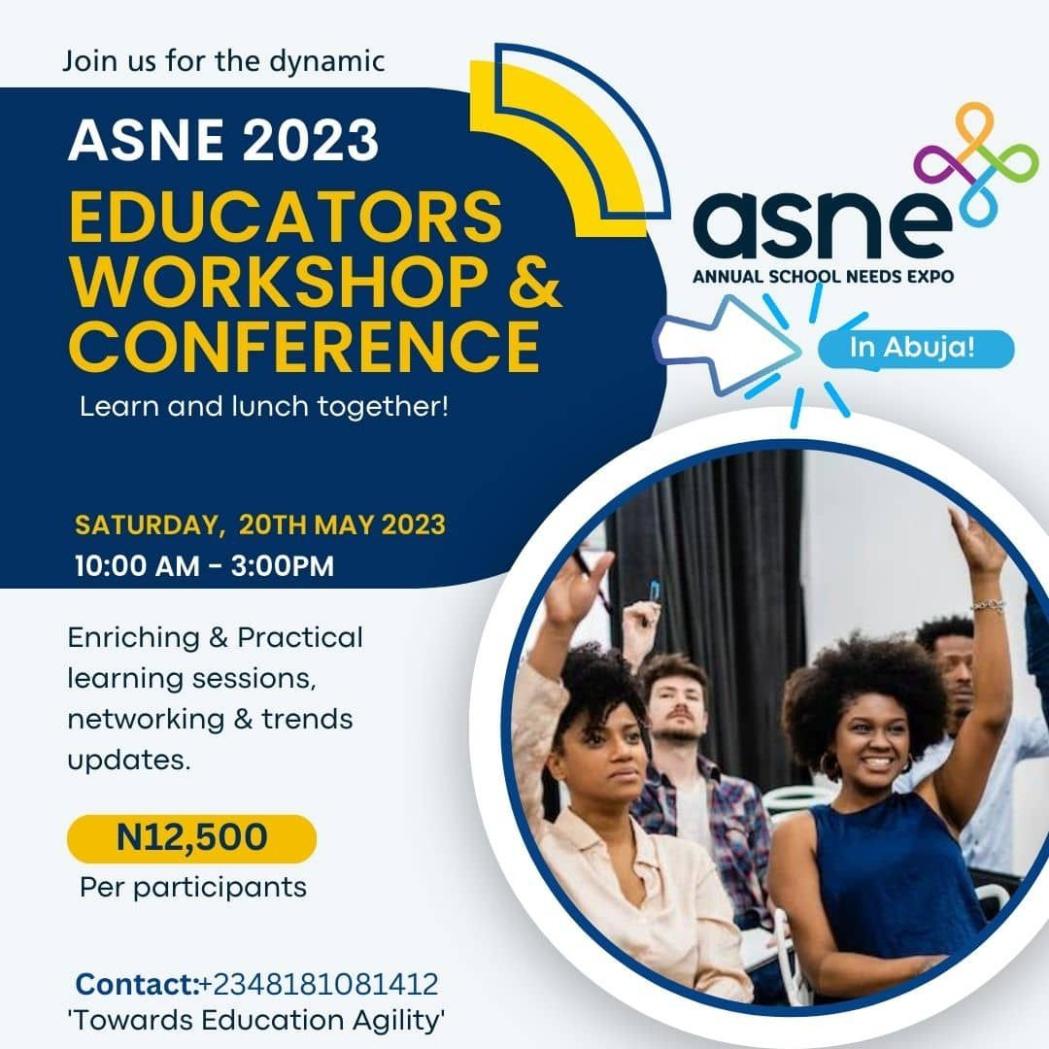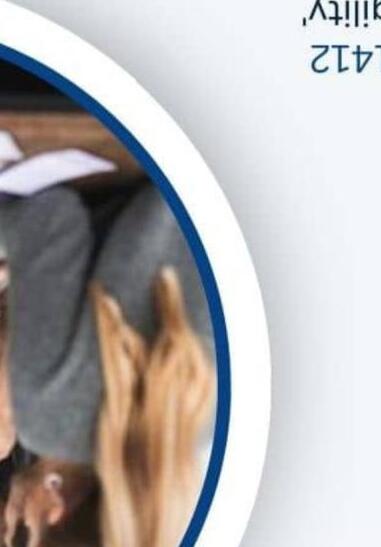
5 minute read
School Metamorphosis
By Opeyemi Ojo
Cambridge Dictionary defined metamorphosis as a complete change in character, appearance or condition. When metamorphosis occurs, a person or thing develops and changes into something completely different. School Metamorphosis can be likened to school transformation.This has to do with the development and changes that will transform your school.
Advertisement
The process involved in metamorphosis varies depending on the phase you are in presently. Each phase has a series of changes which can be quite demanding to you as an individual and to the school community. but the end result will be remarkable
I will encourage you to go through these stages so you can emerge as one of the leading schools in your location or state. A butterfly goes through 4 stages in order to be transformed, your school can also go several stages and more than the life cycle of a butterfly or less. Make sure you go through it so you and school can be relevant in this contemporary world.
You will know if you change by the challenges you encounter You will be able to resolve old challenges and move to another one if you are growing. If you keep solving or having the same issues, it could mean that you are still at that same level. Change will reflect in both internal and external features. We should be able to see the changes in your pupils/students, teachers (discipline and achievement) through the system and structure. Growth and change is encompassing, it is not isolated. Development is also glaring as it cannot be hidden.
There are a lot of things you can do, never assume you can't do something. Time is also a factor so, do not fold your hands and cross your legs, you can do some things even without necessarily starting with money. I'm not saying money is not important. Action is key but the right action is the master key.
You need to answer these questions?
What can you do to transform your school?
What should you stop doing in your school?
What input can you add to your school?
What support do you need?
How will you go about it?
Who do you need?
Education Advert Rate
Few tips to metamorphose your school as a school owner
1. Write your vision and stay focus
2. Recruit based on merit and values
3. Lead by example
4. Set a long term improvement plan
5. Communicate the school policy to all
6. Speak to experts and many more!
According to John C. Maxwell, everything rises and falls on the leadership, the change starts with you as a school leader Go transform your school, education and the world at large www.improvementcentre.org
Opeyemi Ojo is the host of Today's Insight with Opeyemi Ojo. She is a Personal and School Developme nt Strategist and also a certified Strategic Life Coach. Opeyemi obtained her Post Graduate Diploma in Education (PGDE) from University of Lagos and served as a school administrator for several years. She served briefly as a volunteer with “Fit To Teach” to train teachers at Corona Schools amongst other schools. She is an alumnus of Leading Ladies Business Institute (LLBI); a member of the Teachers Registration Council of Nigeria (TRCN); the Nigeria Institute of (NIM) and the Fishery Society of Nigeria (FISON). Opeyemi Ojo has also authored her first book, Who Deserves My Respect?
Lower Banner
$ 400 $ 600
Half Page $ 600
Half Column $ 800 Full Page $ 1,000
Cover Page Inside
$ 1,000
Back Page
$ 1,000
Back Page Inside
$ 1,500
Advertorial Story & Interview
Education Event
$ 2,500
Special Education Coverage
Cover Page Advertorial
$ 1,500 $ 5,000 $ 5,000
Full Edition Advertorial
Kindly take note that the $ advert rate is convertible to Naira at the *official Dollar/
By Ted Theodore
We grow up picking up or being taught to be strong, to defend our turf and hold our positions physically or in a debate or argument. We are often seen as stronger when we can pull down others’ arguments and strengthen our case. To put it bluntly, we only ‘win’ an argument when we successfully pull down the argument of the other person or the opposition rather than when we win, and they are still standing where they were. In a sense, it is like the zero-sum game, where we only ‘win’ or feel good with ourselves if the other person loses
Because of this way of thinking, we behave in a conversation or a debate, like the more arguments we pile up just like in a scale, the more we think we will win the arguments. Therefore, we often lose the vital ability to listen to each other and to expand our points of view and thinking In a very simple way, we do not learn anything from other people when we are talking or advocating our position, rather we would be digging into our position and entrenching our sense of ‘smartness or foolishness’, but we do not learn anything new
We only learn when we listen to others, when we learn to allow the thinking of others to come into our ‘space’ or give them a chance to thrive in our ecosystem. Without listening, we lose perspective of the other side, of what we do not know or what we could have known. How much knowledge and information we have left on the table because we wanted to push all our points across the table and push out/over the points and views. How better our lives and worldviews would have been exponentially more, if we did not think we were so smart and so articulate in our thinking and delivery.
Changing our worldview about how ‘smart’ people think is a core competence or behaviour that everyone should learn as children or relearn as adults. When we can do this successfully, we expand our understanding and perspectives and create more allies and become better than we were coming out of a classroom, a discussion, an engagement, a debate, a meeting, an interaction with a person, a book, or an idea. Sometimes the debate we have is in our heads, indeed how we respond to what we are hearing, reading, or thinking starts internally. When we read a book, we have a choice to introspect or ask ourselves if we are open to listening to or hearing what the writer is trying to convey. Every engagement we have is an opportunity to expand our repertoire of knowledge or to deepen what we think we already know. So, like the letter ‘T’, are you deepening your vertical thinking and staying in one place – you know so much about a few things or are you extending (and slightly deepening) your horizons so you know more and can interact and impact the world with what you know. The bee-like thinking allows us to pollinate the world with what we know or to test what we think we know. Just to be sure, the opposite of bee-like thinking is our tendency to hoard knowledge after the age-old maxim – knowledge is power. I daresay, that we need to update that maxim to shared knowledge is power
When you share, you have a choice to learn and test what you think you know Testing what we think we know helps us deepen the T- horizontals of our thinking and worldview
Being open to other points of views does not and should not mean proposing that we accept all points of views without thinking through. Rather, I am advocating that we are open to the thinking of others and that we test what we think we know as we also listen to what others are saying Just think about it… when you just finished reading a book, left a conversation, an engagement, or a meeting, what truly did you learn that you did not know before? The strength of your answer should tell you the shape of your ‘T’ - whether you are deepening your verticals or extending your horizontals. Be definite in your approach to learning and impacting the world.
Research has shown that opening up our way of thinking or engaging with others does a lot to foster strong relationships and sustain long term results – both in business and personal life.
















